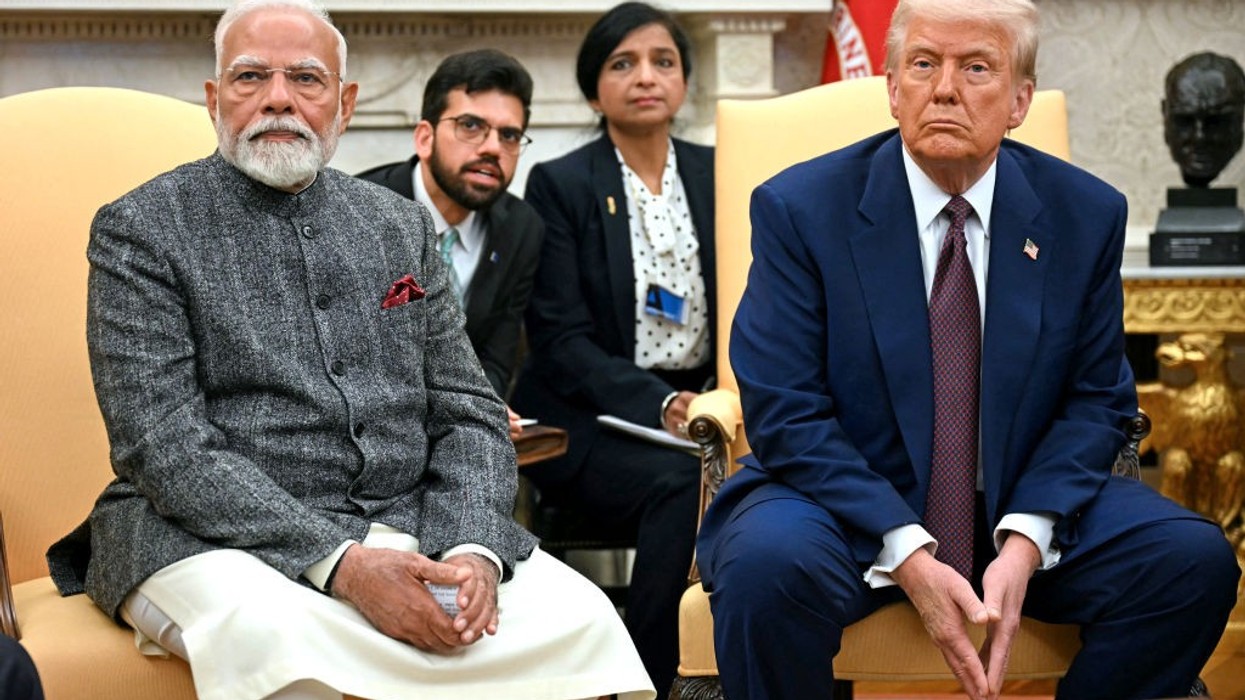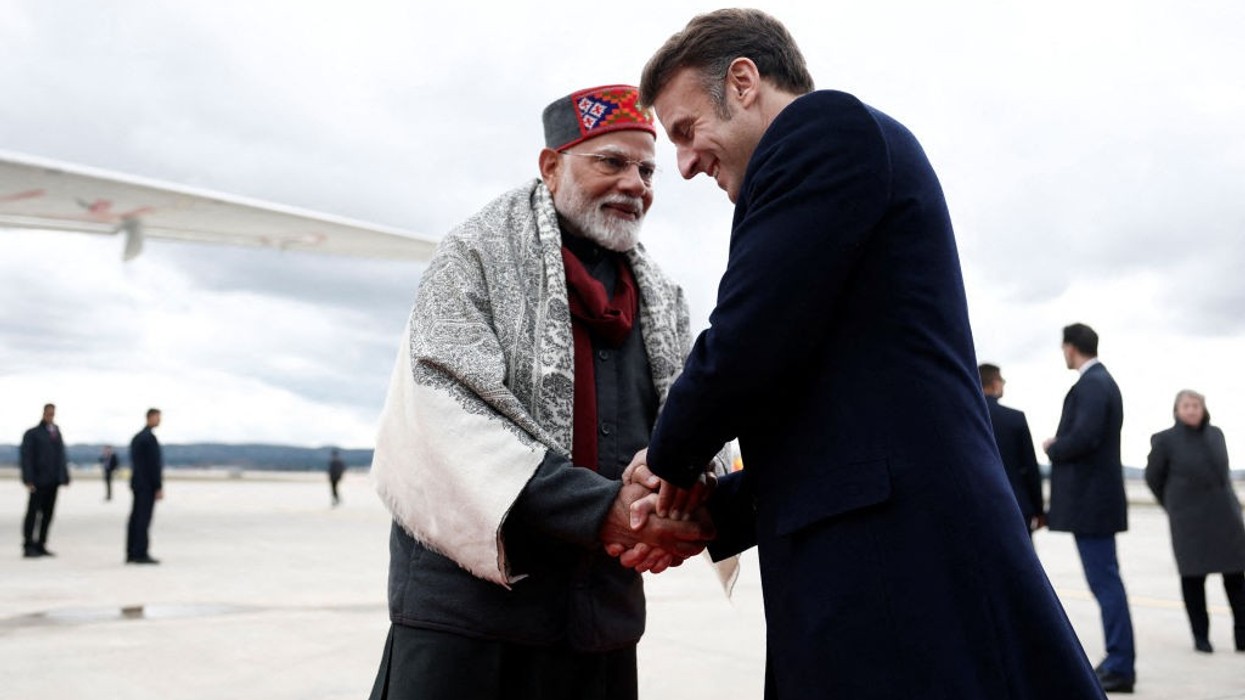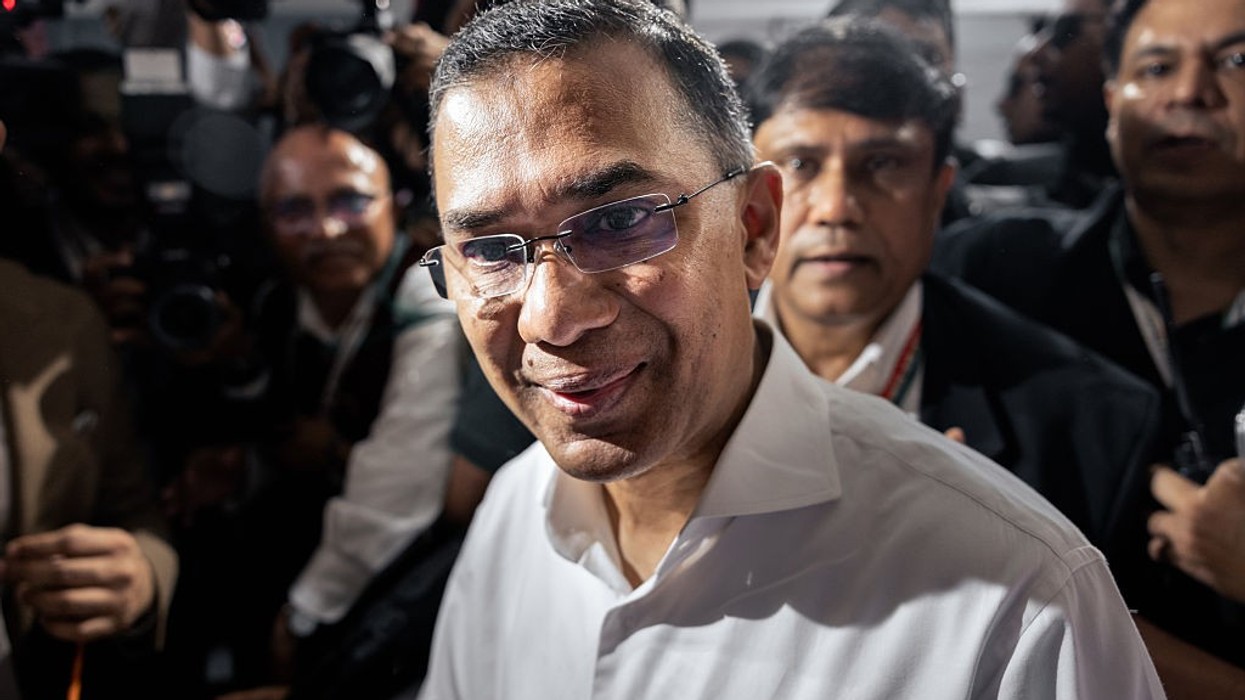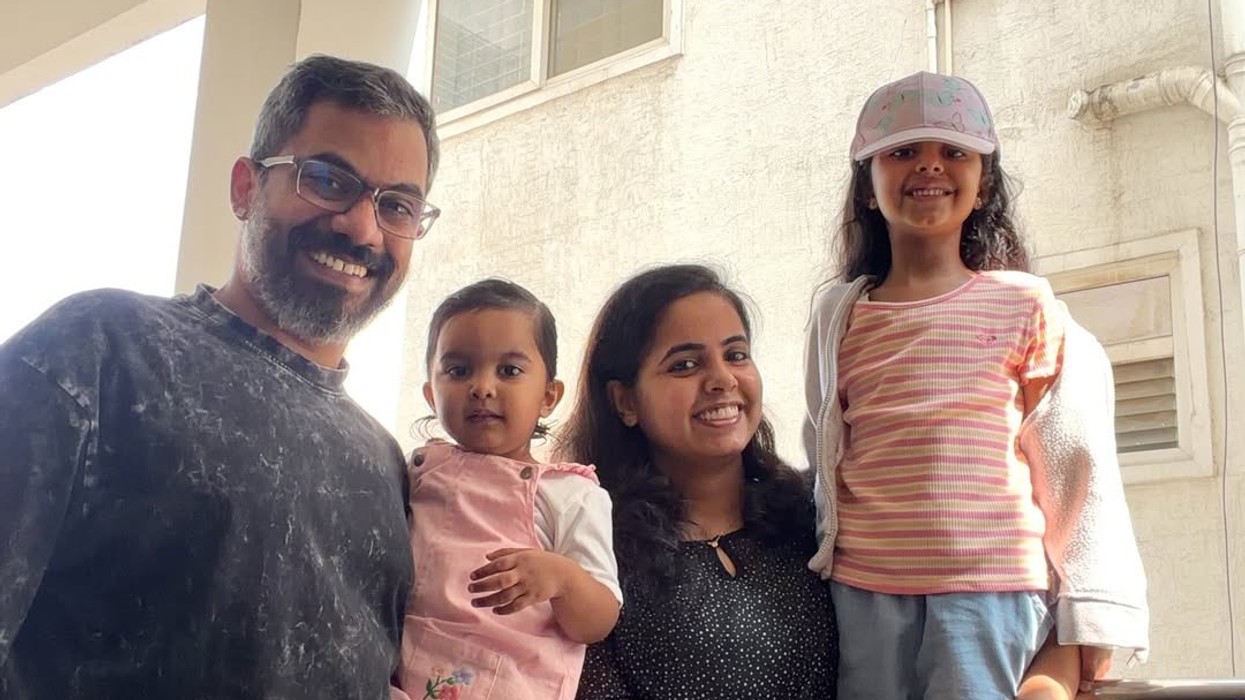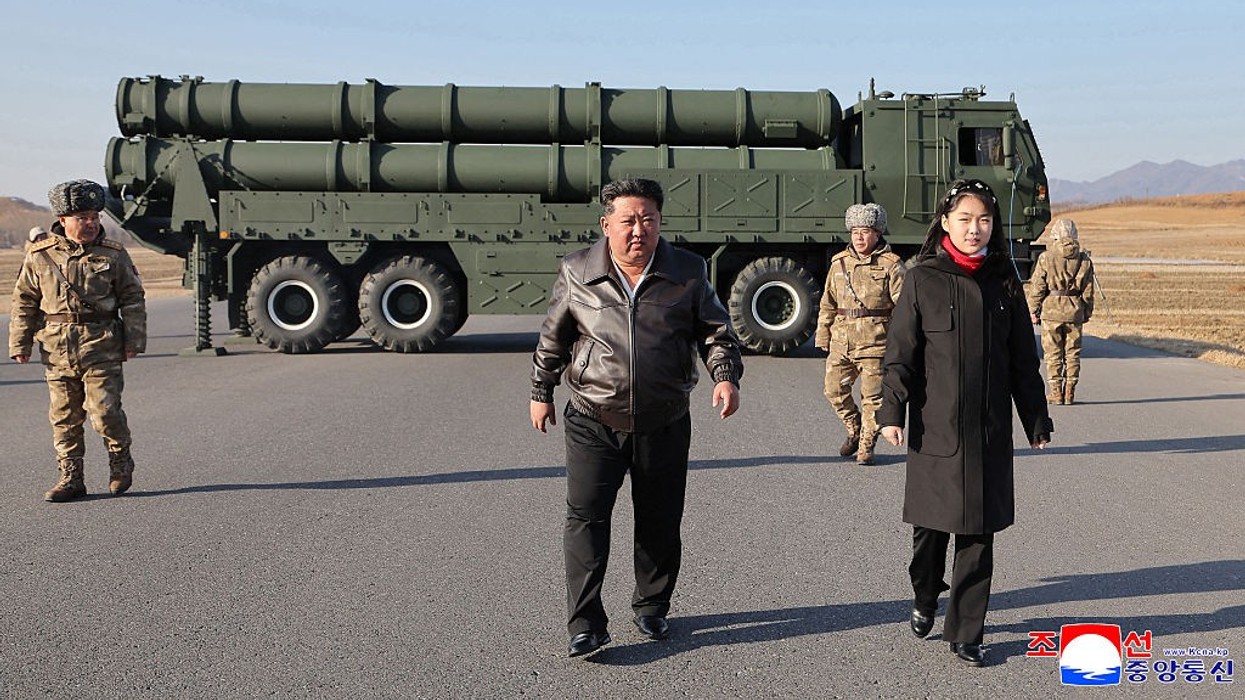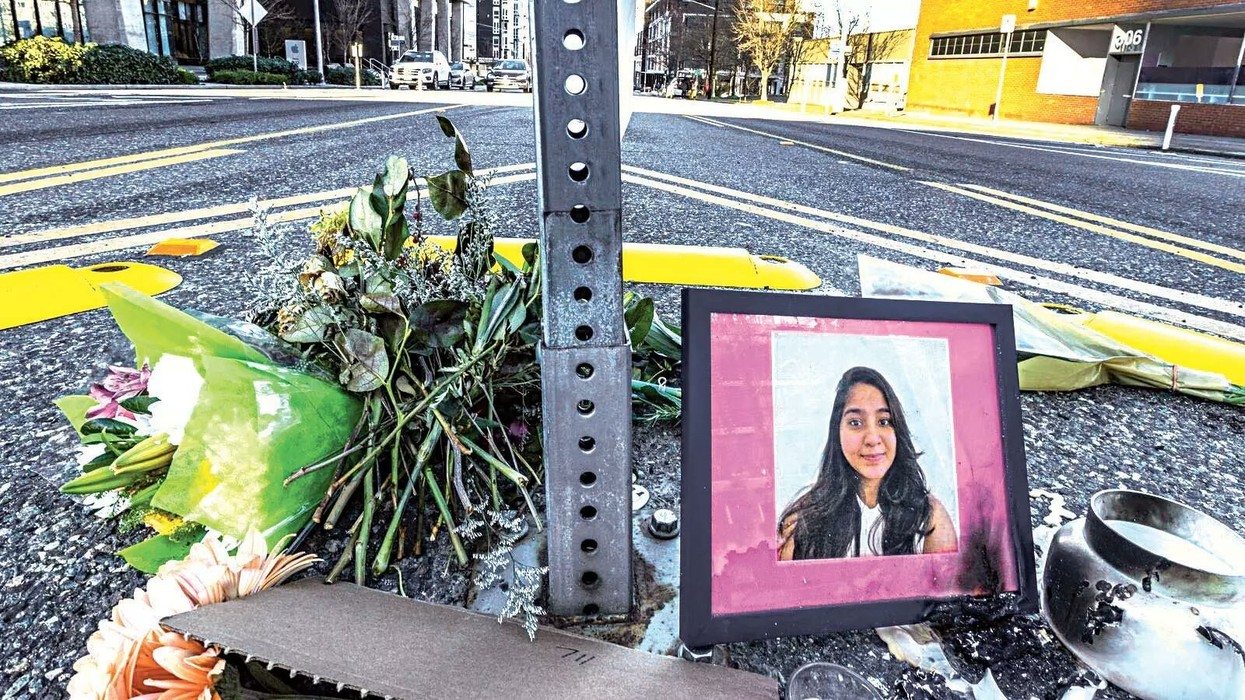THE year 2024 will be a significant year for South Asia as a number of countries in the region will go to national elections. Being one of the most populated zones of the world which is also home to significant powers such as India and Pakistan; developing nations such as Bangladesh and Sri Lanka; and strategically important countries such as the Maldives and Afghanistan, these upcoming elections are key.
India, Pakistan, Bangladesh and Sri Lanka will go to polls next year while the Maldives had theirs in November. Nepal also had their general elections at the end of 2022 and its government is still in its first year. The election season has also kicked off in the Himalayan state of Bhutan where the National Assembly or the lower house of parliament was dissolved this week at the end of its five-year term. The primary election will be held this month while the general election in January.
India Weekly spoke to Michael Kugelman, director of the South Asia Institute at the Wilson Center in Washington DC, US, and a leading specialist on South Asia, over the election year in the region and he conceded that it is unique that five of the eight members of the SAARC (South Asian Association for Regional Cooperation) grouping are going to polls next year.
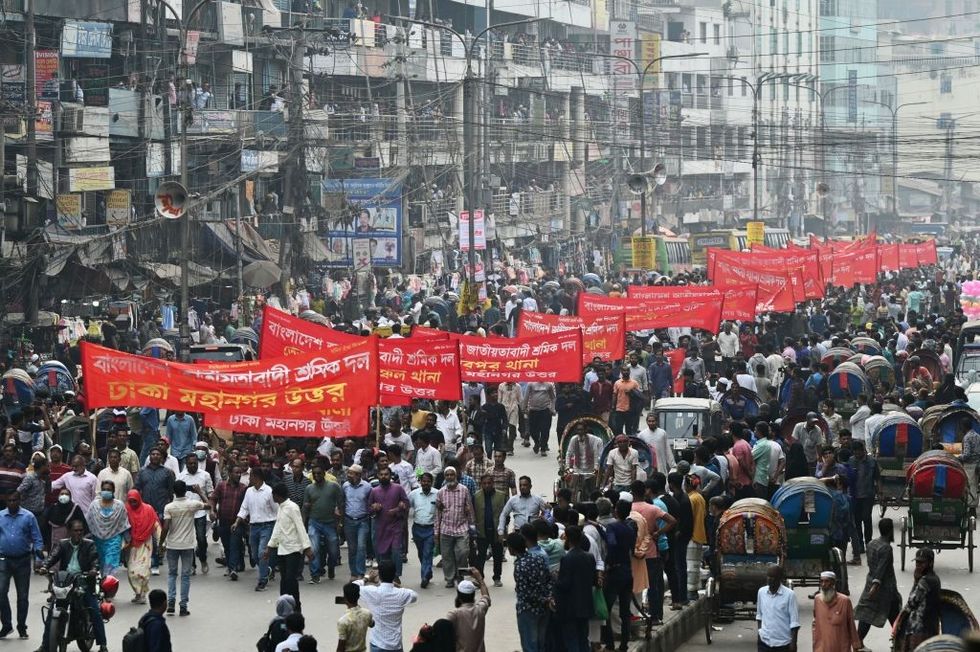
He felt these elections will not lead to major leadership changes and predicted that those held in countries such as Pakistan, which is currently under a caretaker government, and Bangladesh, could be ugly with their results not being accepted by many. He even feared that a rigged poll in Bangladesh could put Dhaka under the scanner of the US which has made the promotion of democracy a big determinant of its policy towards that country.
"It’s actually striking that five of the eight SAARC countries have elections next year, with a sixth -- Afghanistan -- not included in the count only because the Taliban don’t do elections. One of the big storylines in these elections will be the question of maintaining the status quo. I don’t anticipate many leadership changes.
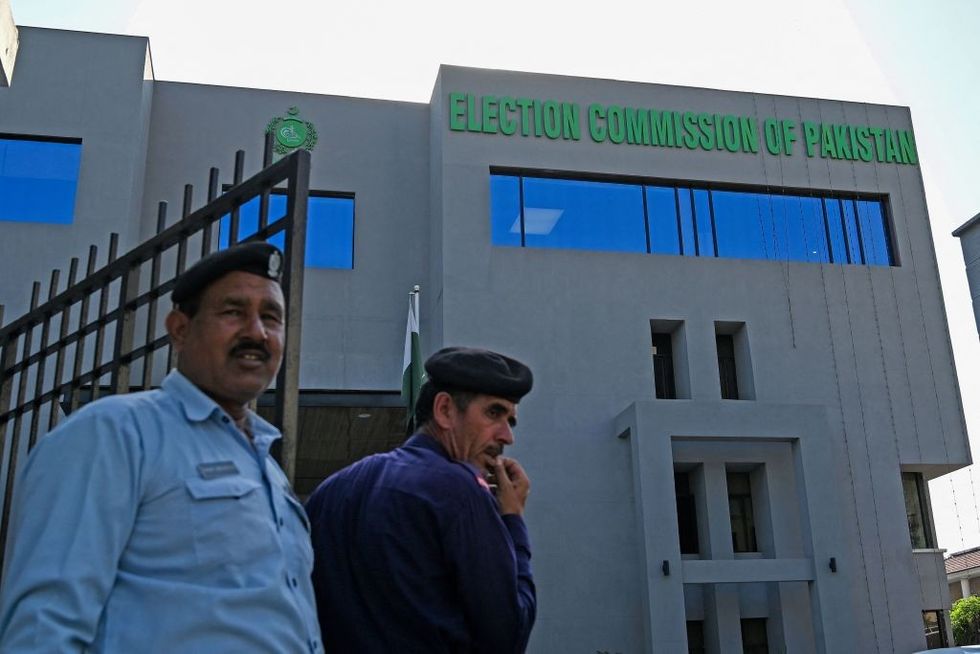
"Indians will likely vote Modi back for a third term. Many Pakistanis and Bangladeshis want to see change, but because of rigging concerns and an un-level playing field—the oppositions in both countries have been hit hard—they may not have the option of voting in a truly new leadership. Sri Lanka is a bit more of a wild card, I should say. The Pakistani and Bangladeshi election outcomes could be ugly, and many likely won’t accept the results. A rigged election in Bangladesh could provoke Washington to review its relations with Dhaka, as the Joe Biden administration has made democracy promotion a big part of its policy toward Bangladesh," Kugelman said.
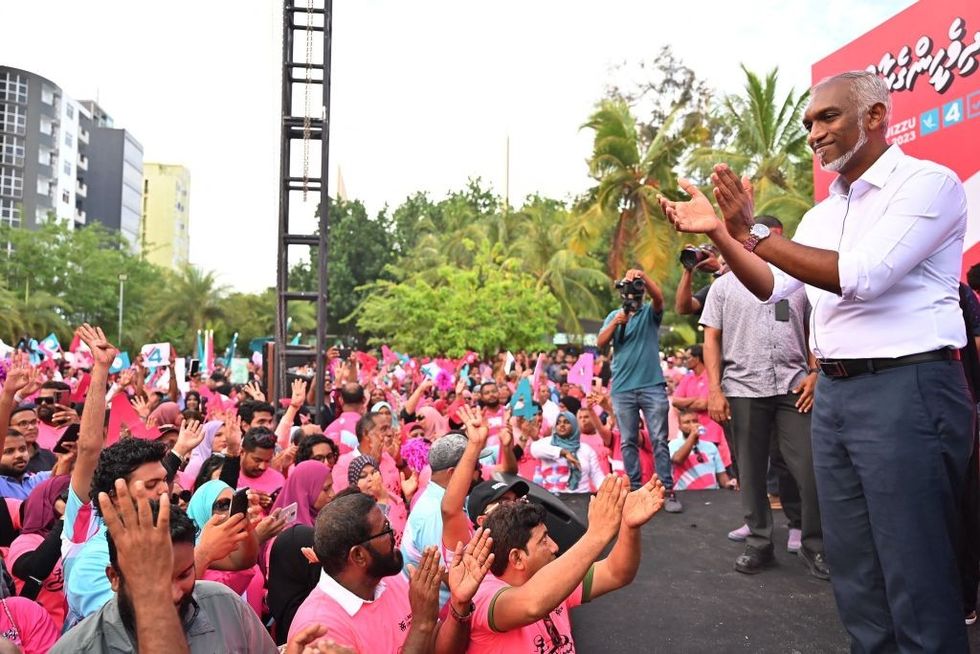
When India Weekly asked whether these elections would have a positive effect on South Asia's divisive regional politics, he said it was unlikely. According to him, regional politics will continue to be depressing despite the outcome of the elections. He cited the India-Pakistan dispute and poor infrastructure and political tension as obstacles to regional integration and trade. Kugelman also mentioned about the tensions between Pakistan and Afghanistan and India and China saying outcomes of elections, even a likely reelection of Indian prime minister Narendra Modi, would not change the scenario.
On India-Pakistan relations
Kugelman said one of the big questions in the election year will be over India-Pakistan relations.
"This relationship has been mired in a cold peace of late -- a new truce on the Line of Control a few years back brought down tensions, but better relations are not in the cards given that each country has pre-conditions for formal talks that the other side doesn’t agree with or isn’t willing to meet. India wants Pakistan to do more about terrorism and Pakistan wants India to change its policies in Kashmir. We’re likely to see the return of Modi and a new military-backed government in Pakistan -- the same types of leadership in place for quite a few years, which has brought little change in relations," he said.
He said while a section might argue that Modi may take a peace initiative with Pakistan if he gets elected for the third consecutive term but he was not too sure about it.
"Modi has taken a tough line on Pakistan in recent years and that hasn’t hurt him politically. Not to mention, after the debacle following his surprise visit to Lahore early in his term (2015) -- a terrorist attack just days after the trip -- I’m not sure he’s inclined to reach out to Pakistan again," Kugelman added.


